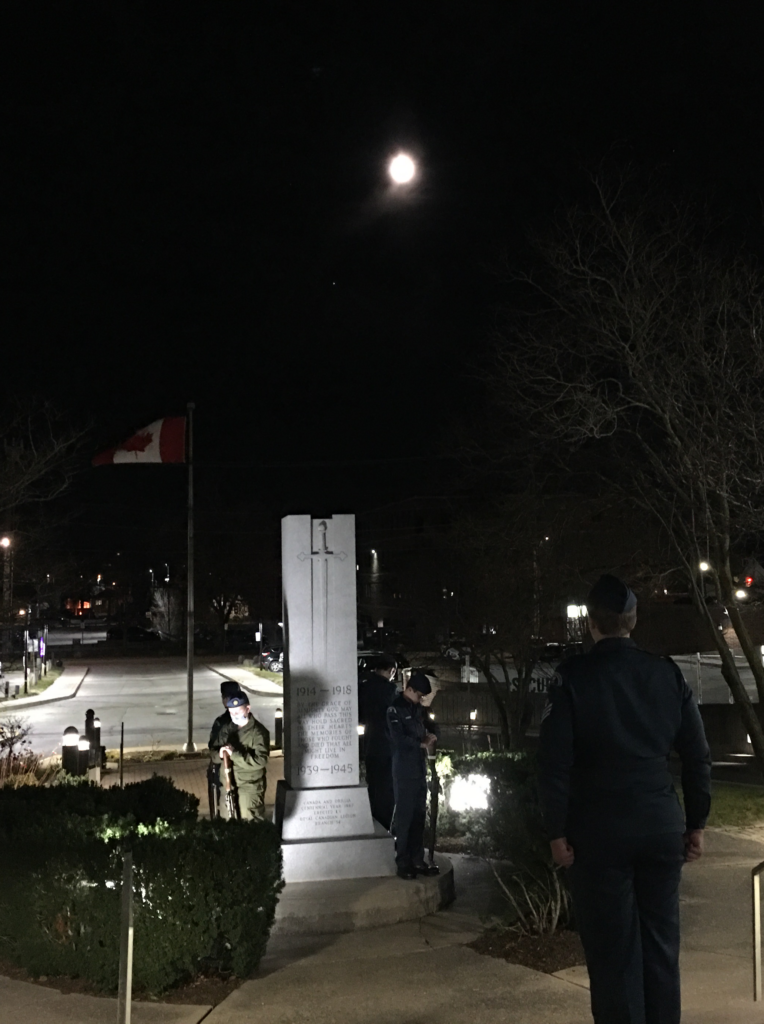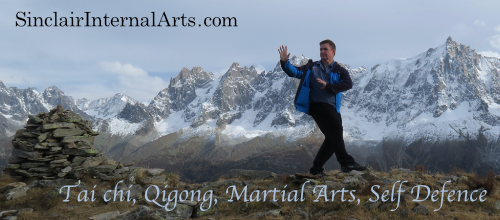Martial arts training is a microcosm of international socio-economics. The lessons we learn in class can be applied to peacemaking on a global scale..
When I hear discussions about the swing toward extremism and authoritarianism, it makes me think about beginners in martial art classes.
Some students come to the art because of fear, and a need to have more control of their lives. But I find that beginners seldom understand what that really means. One of the challenges that a teacher has is to help the student let go of their fear and hatred so that they can see each situation for what it really is. Only then can they develop the skills necessary to feel safe, empowered, and confident in their ability to deal with the violence inherent in an ever-changing world.
There is a military maxim that was famously referenced by Sunzi in “The Art of War.” It states, “Know your enemy and know yourself, and you will never be defeated.” What people too often forget is that you will never learn anything about anyone by hating or fearing them. Compassion, empathy, and kindness are essential tools for survival. I suspect that these qualities have much to do with our success as a species. Our ability to overcome our darker nature has resulted in the powerful social networks and technological advances that have preserved us for so long. We exist because we can see other points of view. We survive because we can understand our enemy.
It seems to me that Fascist Authoritarianism is what happens when we ignore our responsibility to the world, and stop adapting to it. After a while, the world’s problems come to our door and threaten the status quo. If we ignore the effect that our actions and inactions have on others, then we will be surprised and offended by the animosity directed at us by strangers. We react emotionally be becoming defensive, insular, and nationalistic.
We say, “Why do they hate us when we hardly ever think about them?” This question answers itself.
It can be tempting to ignore the plight and feelings of others until we get slapped in the face. Then we fail to see how we contributed to the violence. We suffer for it. But the children born into an unstable and fearful world will suffer more.
When, as a society or as individuals, we ignore our role in world events, we will find ourselves assaulted by social and political turmoil and will tend to cling to anything that offers stability.
In martial art classes, beginners are often tense. They flinch and turtle. They close their eyes. They cling. They resist what pushes them, ensuring that the push has a clear target. They do not respond intelligently. They do not know how to find the still point or the fulcrum. They are a mass of inefficient class-three levers. They try desperately to hold on to whatever position they are in, and resist any force that threatens them. Because of this, everything they do only serves to make things worse. They weaken their own position while motivating and empowering their enemy.
When we elect authoritarian leaders, we are like that beginner in a martial art class. Or, perhaps we could be compared to a boat that tries to survive the storm by anchoring itself to the ocean floor.
While it is true that fortresses have their place in military strategy, they are only one part of it. A fortress by itself quickly becomes a prison, and then becomes a tomb. A fortress mentality fails to see the self-defeating limitations of such an attitude. By locking ourselves away, our minds make an enemy of the world.
Confrontational politics pretends to be powerful and insightful. But there is nothing clever about demonizing your opposition. Insulting people who support your opponent will not win an election. Such is the politics of division. The best you can hope for is a slim margin of victory and a divided nation.
Likewise, Nationalism pretends to serve the best interests of the nation. But these are like the terrified bullies who do not understand integrative negotiation, or the nature or diplomacy. They make themselves and their nation weak by insisting on acting strong. They tell you that they will fight to preserve your piece of the pie, even as they destroy the bakery.
I have never met a superior martial artist who felt the need to act strong. On the contrary, the best martial artists that I have met have always been the most gentle and the most kind. They have discovered that empathy is the best strategy and that compassion informs the most reliable tactics.
“It is the weak who are cruel. Gentleness is to be expected only from the strong.”
Leo Rosten (Captain Newman, M.D. 1963)

One of my proudest memories as a teacher involves a young student who was small for his age and had been bullied at school for years. He trained with me over a spring and summer. Then, he returned to school in September. The usual bullying had resumed. But this time, he was able to not only defend himself, but also to de-escalate the whole situation. He told me about the physical methods he used to defend himself. But then he went on to explain his suspicions about the bully’s state of mind. He finished by saying, “I think there is something wrong with his dad.” His life changed for the better from that moment onward.
So much of martial art training is about letting go of the ego and becoming more empathic to the needs and motivation of the opponent. Generations of martial artists have taught that the highest level of skill is to have no enemy.
Fear and pride will make us want to cling to familiar frames of reference. But surviving a storm sometimes means cutting anchor, going with the wind, and adapting quickly to the waves. We don’t know where we will end up, and we might be different people when we get there. But the alternative is drowning, and dragging others down with us. We sometimes have to let go of who we think we are in order to become the people that the world needs.
The most formidable martial artists are those who become aware of the conflict long before the fight begins, and who are constantly making peace. Balance is their way of being. This attitude does not change when the knives come out. The tactics change, but the underlying strategy remains the same. Find the balance point. Own the mechanical advantage. Let go. Regulate but don’t control. Find a way to best serve all parties involved.
If we fail in the unending quest for peace, we will be doomed to repeat the unending cycle of war. Soldiers will continue to fight and die to repair the failures of cooperation. Lessons will be ignored, and each war will pave the road to the next one.
It does not have to be that way.
Today, in Canada and other Commonwealth countries, we observe Remembrance Day. This is a day to honour soldiers who died in the line of duty.
We must spend every other day striving for the balance that will make such sacrifices unnecessary in the future. This is the role not only of education, politics, diplomacy, economics, sociology, and ecology, but of every person on earth.
As martial art teachers, it is our duty to teach individuals how to find tranquility and empowerment. We help them to find their own safe harbour, and to survive the unavoidable storms. Hopefully, they take these physical and mental skills into their daily lives and, one-by-one, make the world a better place.
Ian Sinclair

Comments are closed.